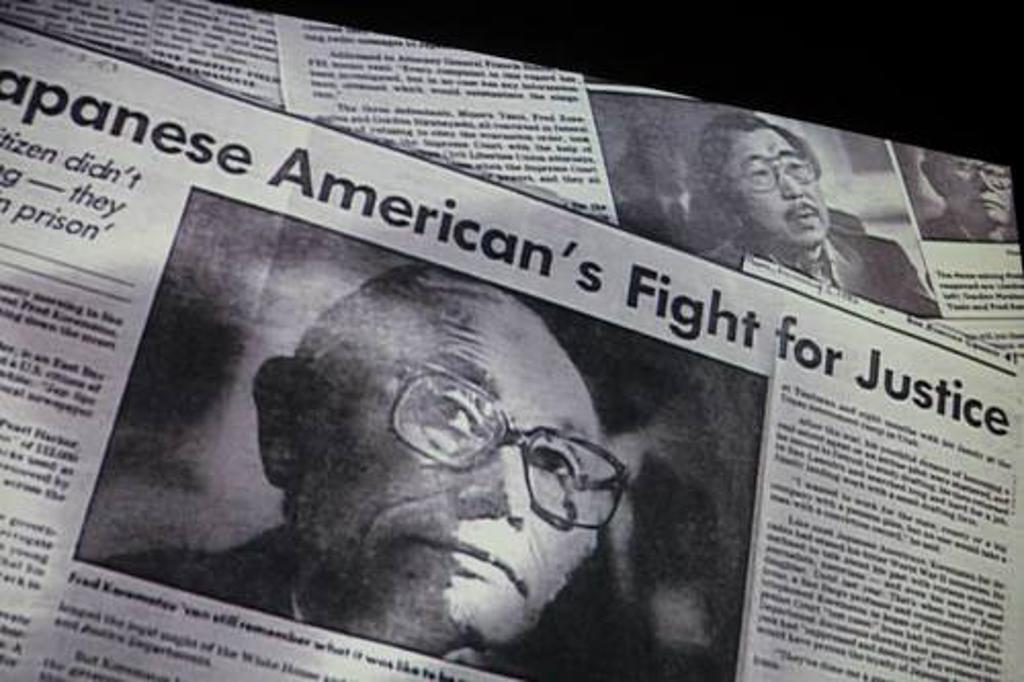During World War II, following Japan’s attack on the Pearl Harbor naval base, the U.S. government imprisoned nearly 130,000 Japanese Americans in internment camps. People were forcibly removed from their homes and stripped of their freedom with no recourse, despite senior government officials internally acknowledging the internment program was not necessary for security.
Fred Korematsu, now a widely recognized civil rights activist, resisted the internment, and following his arrest, spent the majority of his life fighting a landmark legal battle to defend future generations against this kind of injustice. On January 30th, in honor of what would have been his 100th birthday, a bipartisan group of members of Congress introduced a bill to award Korematsu the Congressional Gold Medal in honor of his contributions to the fight for justice and equality. Access Now has joined a broad civil society coalition in endorsing this bill and continuing the efforts Korematsu embodied throughout his life.
In enforcing the internment order, the government relied in part on wrongfully re-appropriated census data to identity individuals of Japanese ancestry living in the United States. Even 80 years ago, this was a clear example of how seemingly innocuous data collection can lead to serious harms when protections against abuse are weak or absent.
Just last year, the Trump administration moved to add a question regarding citizenship status to the next census, to be conducted in 2020. The measure was widely condemned, including by the Census Bureau itself, and Access Now joined a coalition of over 300 organizations in calling for congressional oversight to the matter. The census citizenship question is now currently facing legal challenge and is expected to make its way to the Supreme Court early this year.
Adding a citizenship question to the census could interfere with human rights even without considering issues of misappropriation. It is likely to significantly reduce participation among immigrant communities, impacting congressional redistricting, allocation of hundreds of millions of dollars in federal funds for education and other public services, and more.
But in the current environment where the Trump administration has broadly painted immigrant communities as threats to national security, the dangers of this kind of data collection cannot be overstated. There is a long tradition of government agencies exempting these kind of databases from the U.S. Privacy Act — the law that is supposed to guarantee individual access to data held by the government. These exemptions and other agencies’ practices can allow the government to secretly collect massive troves of data, including inaccurate data, and use it in unanticipated ways. Particularly in combination with other data sets disproportionately impacting immigrant and other marginalized communities — ranging from flawed facial recognition systems to large-scale screening of social media accounts — this kind of information in the hands of government agencies can be abused to implement a wide range of discriminatory programs.
It is critical that we stay vigilant in minimizing the kind of surveillance and information stockpiling that can lead to the types of human rights abuses Fred Korematsu so bravely fought against. More broadly, Access Now and our partners are working diligently toward the implementation of a long-overdue data protection framework that would guarantee fundamental privacy rights and control over one’s personal information for everyone whose data passes through the United States, whether it be through a government agency or private company.
If you would like to join Access Now in honoring the legacy of Fred Korematsu, you can endorse the letter in support of awarding him the Congressional Gold Medal here.
